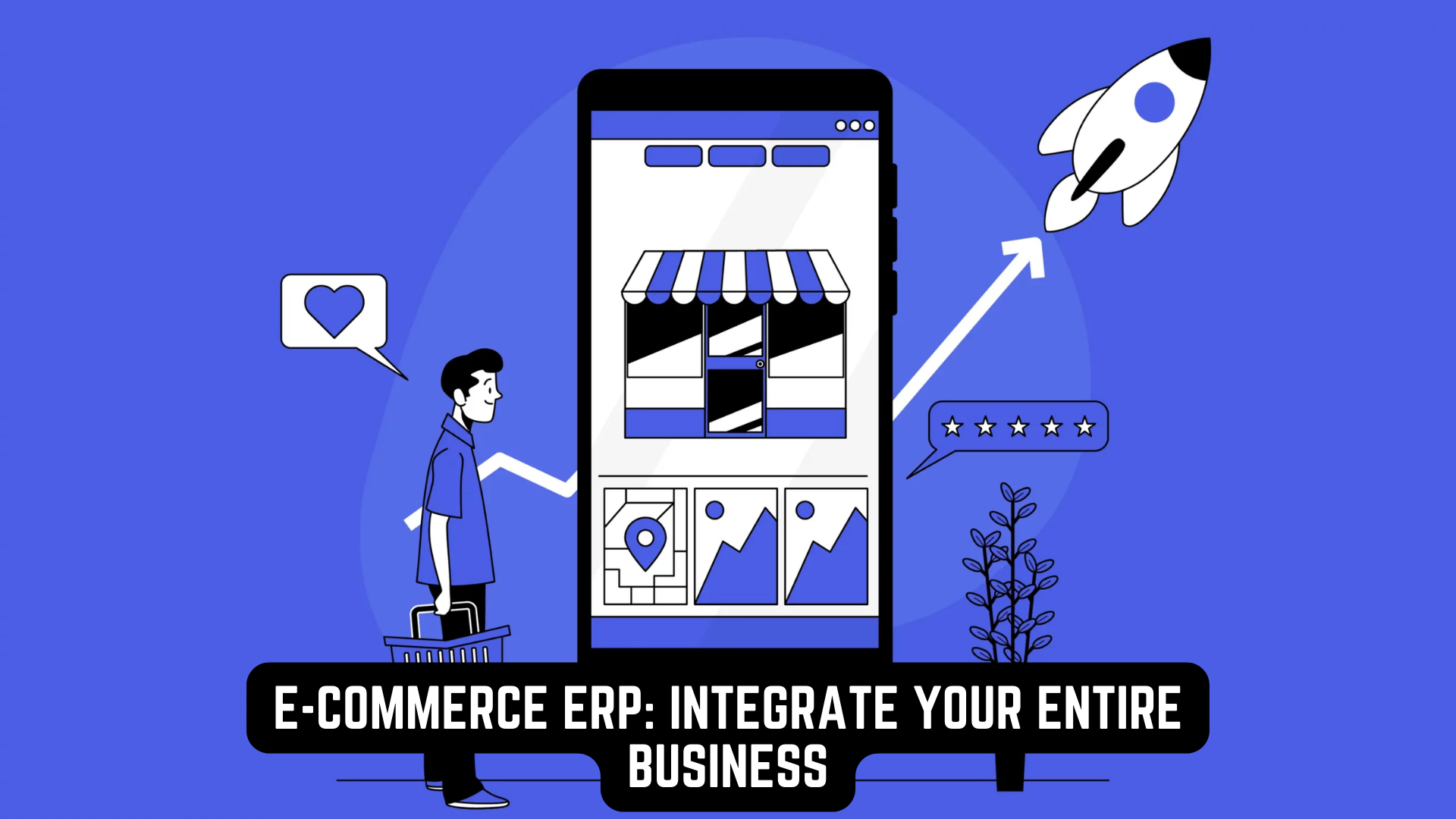In the ever-evolving landscape of e-commerce, efficiency is king. From managing inventory to processing orders, every aspect of your business demands attention to detail and rapid response. Enter Enterprise Resource Planning (ERP) systems, the backbone of modern businesses, offering integrated solutions to streamline operations.
What exactly is an ERP system, and why should e-commerce businesses embrace it? Let’s delve into the world of e-commerce ERP and explore how it can revolutionize your business.
Understanding E-commerce ERP
At its core, an ERP system is a centralized software solution that integrates various functions and processes across an organization into a single platform. This integration allows for seamless communication and data flow between different departments, such as finance, human resources, supply chain, and customer service.
For e-commerce businesses, an ERP system tailored to their specific needs can provide unparalleled benefits. From managing inventory and order fulfillment to tracking sales and customer interactions, an e-commerce ERP serves as a comprehensive solution to optimize every aspect of the business.
The Benefits of Integration
- Streamlined Operations: With all data consolidated in one system, e-commerce businesses can eliminate silos and reduce the need for manual data entry. This streamlines processes and ensures accuracy across the board.
- Real-Time Insights: By having access to up-to-date information on inventory levels, sales trends, and customer behavior, businesses can make informed decisions quickly. Real-time data insights enable agile responses to market changes and customer demands.
- Improved Efficiency: Automation of repetitive tasks, such as order processing and inventory management, frees up valuable time and resources. Employees can focus on more strategic initiatives, leading to increased productivity and cost savings.
- Enhanced Customer Experience: A unified view of customer data allows for personalized interactions and targeted marketing efforts. By understanding customer preferences and purchase history, e-commerce businesses can deliver tailored experiences that foster loyalty and drive sales.
- Scalability: As businesses grow, scalability becomes crucial. An e-commerce ERP system can easily adapt to changing needs, whether it’s expanding product lines, entering new markets, or handling higher order volumes.
Key Features to Look For
When selecting an ERP system for your e-commerce business, consider the following key features:
- Inventory Management: Track stock levels, manage warehouses, and automate replenishment processes.
- Order Processing: Streamline order fulfillment, from order placement to shipment and delivery.
- Integration with E-commerce Platforms: Ensure compatibility with your existing e-commerce platform, such as Shopify, Magento, or WooCommerce.
- Customer Relationship Management (CRM): Centralize customer data to provide personalized experiences and improve customer retention.
- Analytics and Reporting: Access real-time dashboards and customizable reports to gain insights into business performance.
- Supply Chain Management: Optimize procurement, manufacturing, and distribution processes to minimize costs and maximize efficiency.
Conclusion
In today’s competitive e-commerce landscape, staying ahead requires more than just a great product or service. It demands operational excellence and a commitment to meeting customer expectations at every touchpoint. An e-commerce ERP system empowers businesses to achieve just that by integrating their entire operation into a cohesive and efficient ecosystem.
By leveraging the power of integration, e-commerce businesses can streamline operations, gain valuable insights, and ultimately deliver exceptional customer experiences that drive growth and success in the digital age. Embrace the future of e-commerce with an ERP solution tailored to your needs, and watch your business thrive.









